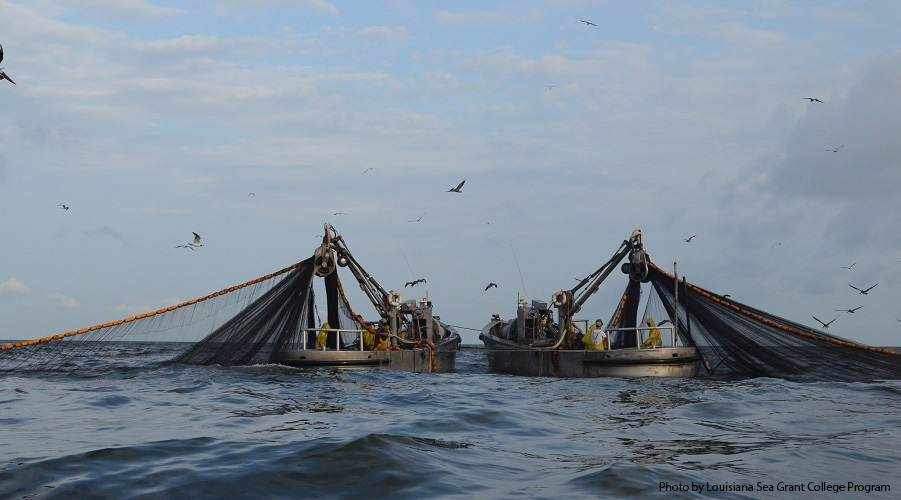
Fishing companies operating worldwide are leaving between $51 billion and $83 billion in unrealized net economic benefits on the table every year due to the overexploitation underperformance of fish stocks, according to new research from the Sea Around Us initiative, Fisheries Economic Research Unit, the Institute for the Oceans and Fisheries at the University of British Columbia, the Fish Tracker initiative, and the Sea Around Us – Indian Ocean project.
The study, published this month in PLOS ONE, shows how fishing companies operating in both North and South America could have increased their profits substantially in past years had they allowed fish stocks to rebuild and fished them sustainably.
The researchers looked at companies targeting menhaden in the United States and anchoveta in Peru and developed a seven step method that compared their revenues and profits to the fish resources they exploited and the abundance of those fish stocks.
“We found that Atlantic and Gulf menhaden stocks were in a healthy state and being fished under the estimated sustainable limit, or maximum sustainable yield. By not augmenting their catches the two largest companies targeting them were losing $50 million in additional revenue and $12 million in profits,” said Tim Cashion, lead author of the study and PhD candidate at the Institute for the Oceans and Fisheries.
South of the equator, the picture is a very different one but the economic losses persist. “The seven largest fishing companies targeting anchoveta in Peru could have significantly increased their individual annual revenues by $3 million to $9.1 million between 2011 and 2015 if management institutions had promoted the recovery of the stocks by applying more conservative fishing policies,” co-author and PhD candidate at the Institute for the Oceans and Fisheries, Santiago de la Puente explained.
In both cases, however, changing fishing strategies has an unavoidable initial cost. For the Peruvian anchoveta stocks, reducing the level of catches would have implied a few years of diminished revenues until the stock recovered. For the U.S. menhaden, increased catches would probably have increased fishing costs and affected profitability. Yet, overcoming the initial stages of change would have created a new situation in which future gains would surpass the losses.
“Companies that do not optimize their fishing practices are making their owners, shareholders and investors lose money. They are also affecting governments, who lose out on tax dollars and licensing fees. This study shows that besides the obvious ecological benefits, there are massive economic rewards in rebuilding fisheries stocks and keeping them in a healthy state,” co-author Daniel Pauly, principal investigator of the Sea Around Us initiative, concluded.
The paper “Establishing company level fishing revenue and profit losses from fisheries: A bottom-up approach” was published in PLOS ONE.
Tags: Daniel Pauly, faculty, fisheries management, industrial fishing, IOF students, Research, Sea Around Us